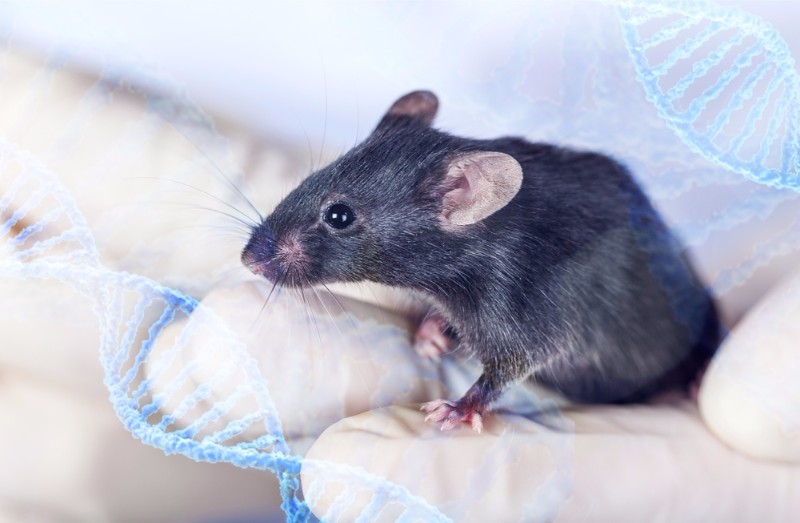Newsletter Signup - Under Article / In Page
"*" indicates required fields
Scientists from the University of Zurich have identified an epigenetic control switch responsible for turning melanoma unresponsive to immune checkpoint inhibitors.
A study published this week in Cell Reports describes a mechanism that might be responsible for the development of resistance to cancer immunotherapy. The culprit turned out to be Ezh2, a protein that controls genetic expression. Overexpression of this molecule in melanoma cells of mice models silenced antigen presentation and reduced their overall the ability to induce a response from the immune system.
“As soon as we blocked the activity of the epigenetic regulator Ezh2 with a pharmacological inhibitor, the efficacy of the immunotherapies improved,” Onur Boyman from the University Hospital Zurich, who led the study, told Bionity. “The tumor masses shrank more significantly and the tumor-free survival was extended.”

Checkpoint inhibitors work by blocking molecular mechanisms tumors use to suppress the immune system. They have shown great potential to treat cancer, especially in patients that do not respond to standard chemotherapy. However, in some cases, the patients progressively stop responding to checkpoint immunotherapy as their tumors develop new immune evasion strategies.
This discovery could lead to the development of new treatment alternatives for patients who have exhausted all their options. Still, the researchers have to prove whether the strategy has the same effects in humans. In addition, Ezh2 is likely only one of many strategies tumors can use to evade the immune system, which can probably vary widely across different tumor types and even individual patients.
Fortunately, researchers worldwide are working hard to identify and exploit these mechanisms. This same week, a study published in Nature Communications revealed another mechanism that might be responsible for the low efficacy checkpoint inhibitors often present in bladder cancer. The researchers identified mutations affecting the PPARγ/RXRα pathway as responsible for stopping T cells from infiltrating the tumor.
Images via Janson George, Billion Photos / Shutterstock
Oncology R&D trends and breakthrough innovations







